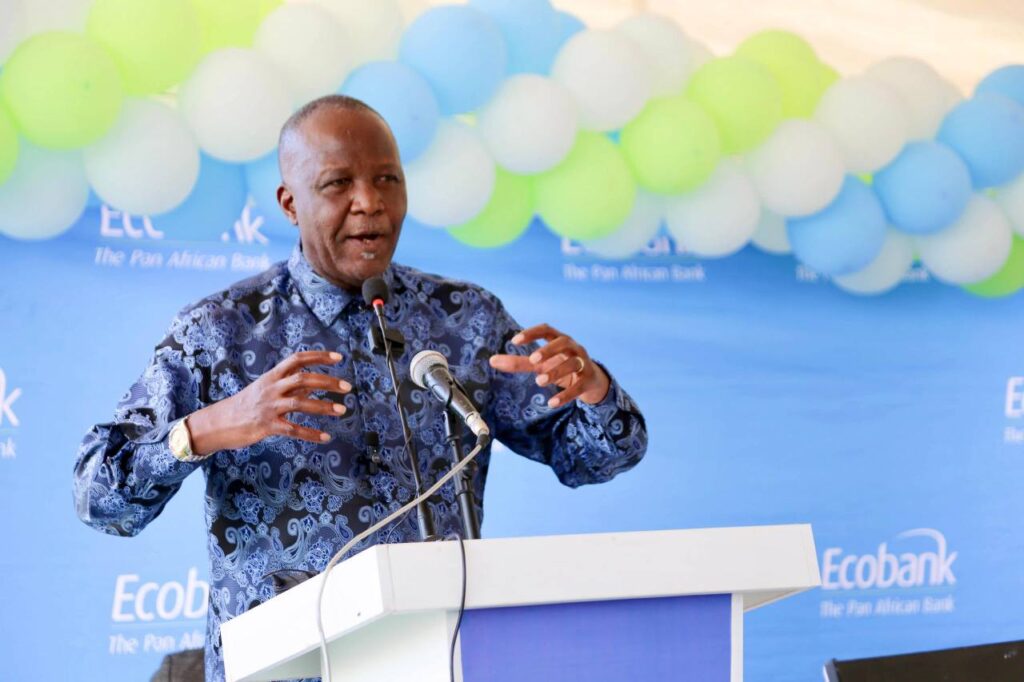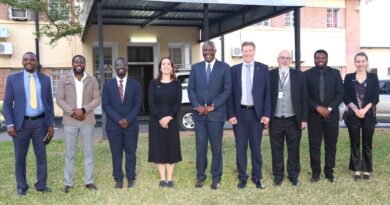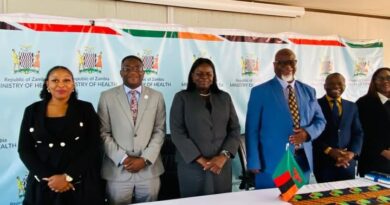Zambia’s Transformative Education Vision: No Child Left Behind in the Digital Era
The Government of Zambia, under the leadership of President Hakainde Hichilema, has reaffirmed its steadfast commitment to providing inclusive and quality education for every child, regardless of cost, ability or background.
This commitment was underscored by the Minister of Technology and Science, Hon. Felix Mutati, during the handover ceremony of a newly refurbished ICT laboratory donated by Ecobank to the University Teaching Hospital (UTH) Special School in Lusaka.
Hon. Mutati said President Hichilema’s guiding vision that no child should be at home and every child must be in school remains central to national education policy and government investment.
The Minister highlighted how the Ministry of Technology and Science is integrating advanced digital tools to support learners with differentiated abilities.
“Progress is not a singular effort,” he stated. “It begins by recognising that we have common but differentiated abilities which must be brought together to deliver progress.”
Hon. Mutati praised the creativity and innovation of the UTH Special School students, describing the institution as a “university of transformation.” He noted that their ingenuity demonstrates the power of inclusion and urged other institutions to learn from their innovation.
He explained that the government’s Education for All policy, introduced in the past four years, has removed financial barriers from early childhood to secondary education, fulfilling the President’s pledge to make education the best inheritance for every Zambian.
In recognition of Ecobank’s contribution of K700,000 which included 20 computers and ICT equipment, Minister Mutati announced that the government would provide an additional 10 computers to strengthen the facility.
He said this forms part of a wider initiative to promote digital literacy in schools across the country. “Our goal is to ensure that technology becomes a foundation for inclusive learning,” he added.
The Minister also revealed plans to equip the lab with Artificial Intelligence platforms to personalise learning experiences. “What AI does to education is to scratch where it itches,” he said. “It allows teachers to focus on each individual learner, identifying their strengths and needs to deliver targeted education.”
He encouraged education institutions to rethink their approach and proposed that students should contribute to curriculum design to encourage creativity and innovation.
Hon. Mutati concluded by urging corporate stakeholders, including Ecobank and the Harvest Group, to embrace the philosophy that education has no finish line. He called for continued collaboration and investment in Zambia’s digital education agenda, stressing that collective effort is essential to sustain progress.



